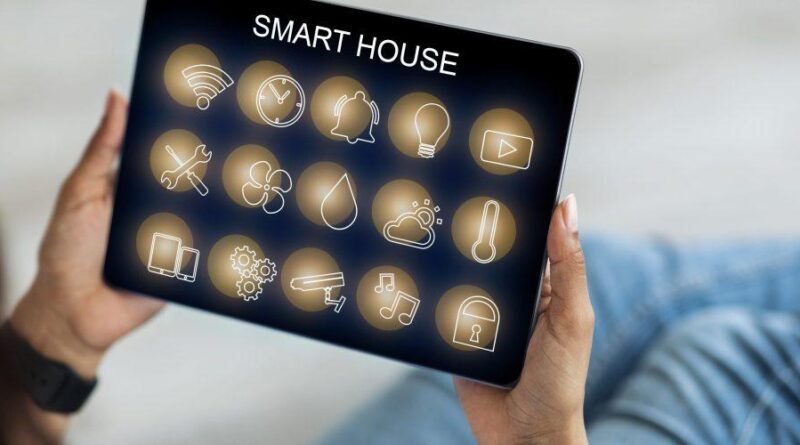Benefits of Smart Home Insurance
Benefits of Smart Home Insurance
Benefits of Smart Home Insurance, Smart home insurance is becoming increasingly popular as homeowners integrate advanced technology into their living spaces. With the rapid increase in connected devices and Internet of Things (IoT) systems, smart home insurance offers tailored coverage to protect these investments. In this article, we will explore the many benefits of smart home insurance, dive into how it works, and highlight why it’s especially valuable in today’s connected world.
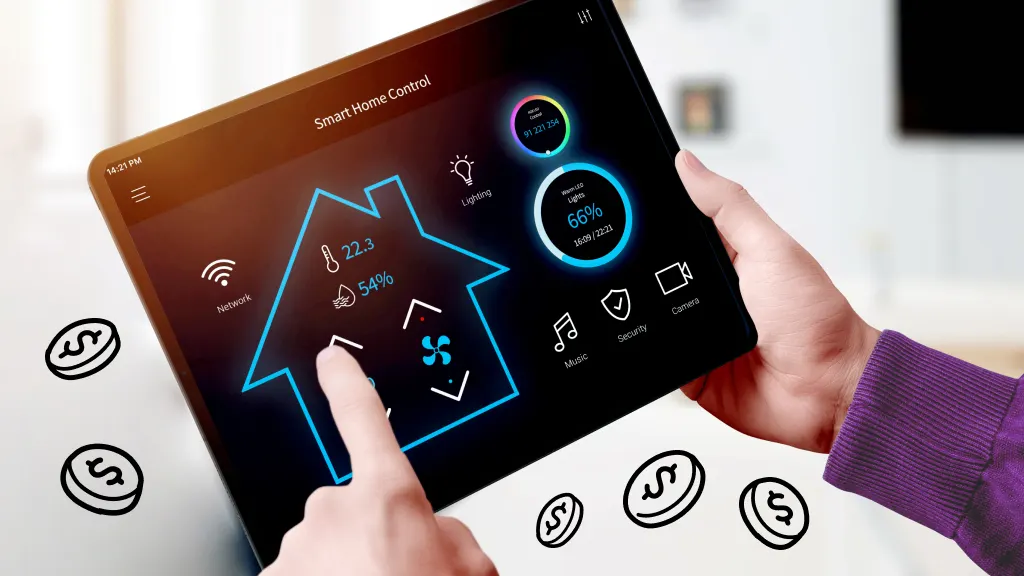
1. Enhanced Protection for Connected Devices
One primary benefit of smart home insurance is the enhanced protection it provides for connected devices. Smart home insurance ensures that sensors, cameras, smart locks, thermostats, and other IoT gadgets are covered under your homeowners’ policy. Without smart home insurance, many standard homeowners’ insurance policies may not fully cover damage, malfunction, or theft of these devices. Smart home insurance is designed specifically to cover these components. As more households adopt connected devices, the rise of smart home insurance becomes essential to safeguard these systems. The feature set within smart home insurance also includes coverage for device failure due to electrical surges or software issues. Overall, the market for smart home insurance is growing rapidly as more people seek enhanced protection for their connected devices.
2. Lower Premiums Through Risk Reduction
Another compelling benefit of smart home insurance is the potential for lower premiums. Many insurance companies reward homeowners with smart home insurance policies by offering discounts. Why? Because using smart home systems—such as leak detectors, smart smoke alarms, and motion sensors—reduces risk. Smart home insurance recognizes this lower risk and often translates it into cost savings for policyholders. If your smart home insurance includes devices like water leak sensors, thermostats that prevent freezing pipes, or smart outlets monitoring electrical load, insurers may offer up to 20% off premiums. Thus, smart home insurance not only protects your devices but puts money back in your pocket. As smart home insurance adoption grows, these premium discounts become an increasingly attractive incentive for homeowners.
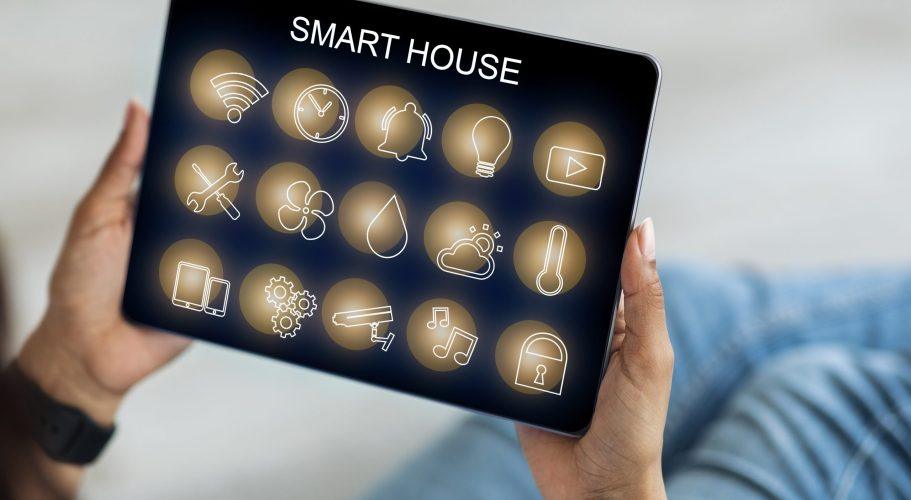
3. Immediate Alerts to Prevent Damage
With smart home insurance, one major benefit is the integration of immediate alerts to prevent damage. Smart home insurance coverage often comes with complimentary or discounted smart sensors that alert you and the insurer when something goes wrong—before disaster strikes. These real-time notifications include alerts for smoke, carbon monoxide, water leaks, and even unauthorized entry. Smart home insurance takes advantage of these connected systems to not only detect problems but also mitigate them. For instance, if a smart water detector senses a leak, your smart home insurance provider may receive an alert and dispatch emergency services to your home. This proactive response reduces potential losses and helps keep claims low. By combining smart home insurance with early-warning tech, homeowners can significantly reduce the impact of emergencies.
4. Streamlined Claims with Data Insights
Smart home insurance delivers another key benefit: streamlined claims using real-time data insights. When a smart device detects an incident—like a burst pipe, fire, or theft—it can log precise timestamps, environmental readings, and even video footage. Smart home insurance policies use this data to create accurate and fully documented claims. This reduces ambiguity and accelerates the payout process. No more guesswork or back-and-forth emails to validate events. Smart home insurance helps ensure faster, more precise claims resolution. Plus, this data-backed approach also discourages fraudulent claims and helps insurers refine pricing models. Overall, the efficiency gains make smart home insurance a smarter choice for both homeowners and insurers.
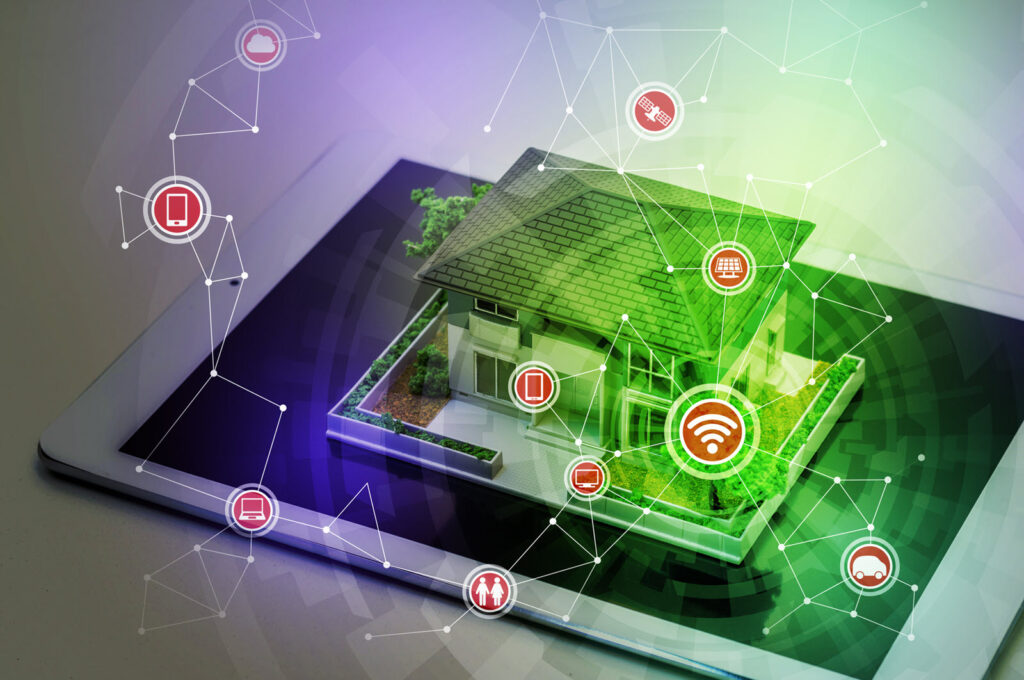
5. Comprehensive Home Monitoring and Security
A notable benefit of smart home insurance is its ability to support comprehensive home monitoring and security. Most smart home insurance plans incentivize customers to use devices such as smart locks, surveillance cameras, and smart doorbells. This network of smart home insurance-approved devices creates a trusted monitoring ecosystem. As part of the smart home insurance program, policyholders often gain access to professional monitoring services that can watch over the smart home. If an alarm triggers, smart home insurance providers alert both the homeowner and local authorities. Combining home automation, motion detection, and remote monitoring turns your house into a smart, secure fortress. The additional coverage smart home insurance delivers ensures you’re fully protected, even while you’re away. The synergy between technology and insurance makes smart home insurance an excellent choice for modern homes.
6. Fire Safety and Prevention with Smart Devices
One of the most impactful benefits of smart home insurance is improved fire safety and prevention. When paired with smart smoke and carbon monoxide detectors, smart home insurance policies offer proactive safety enhancements. These devices connect to your network and constantly communicate with your smart home insurance provider. If a smoke alarm goes off, you’ll receive an instant alert on your phone—and so will your provider. Smart home insurance companies can dispatch help or send emergency personnel swiftly. Installing smart fire safety devices as part of your smart home insurance plan helps detect small incidents before they escalate. Additionally, modern smart smoke detectors can reduce false alarms by distinguishing steam from smoke. Smart home insurance thus encourages these devices, directly contributing to improved safety and potentially reducing fatalities and fire-related losses.
7. Flood Detection and Mitigation
Flooding is one of the most destructive risks homeowners face, and it’s often not fully covered by standard insurance. A major benefit of smart home insurance is the inclusion of flood detection and mitigation systems. Homeowners who enroll in smart home insurance programs often receive smart water sensors. These sensors alert homeowners to slow leaks under sinks or major floods in basements. Smart home insurance providers may even dispatch a plumber or remediation service within minutes of an alert. This not only helps avoid extensive water damage but also significantly lowers long-term repair costs. Early detection is critical—and it’s one of the standout benefits of smart home insurance.
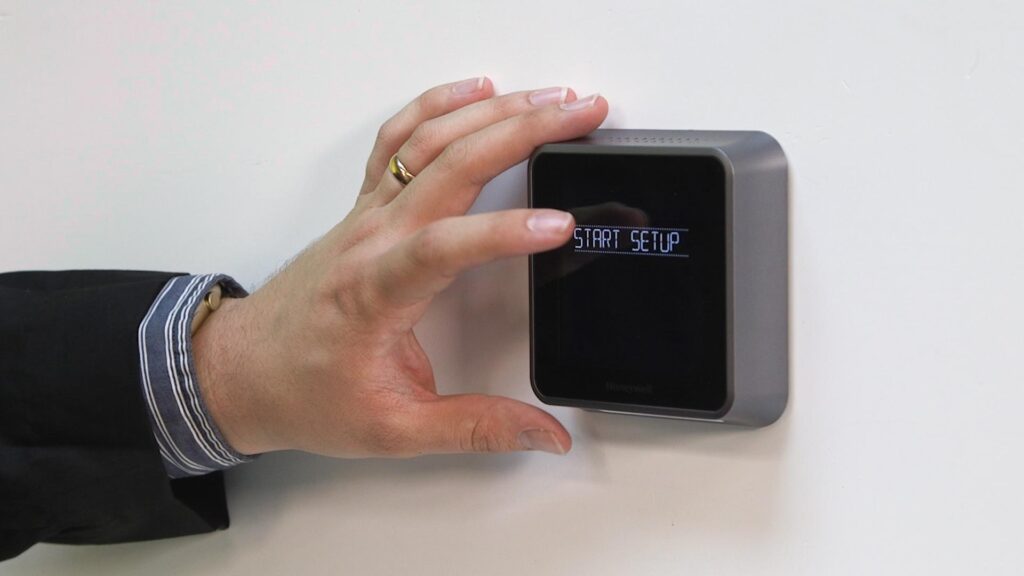
8. Energy Efficiency and Sustainability Incentives
An important benefit of smart home insurance is that it promotes energy efficiency and sustainability. Many smart home insurance providers offer discounts or rebates for installing smart thermostats, energy monitors, and smart light systems. These devices help you control your home’s energy usage, reduce waste, and lower your carbon footprint. Smart home insurance doesn’t just protect your home; it encourages greener living. In the long run, energy-efficient homes also qualify for lower insurance rates under smart home insurance policies. It’s a win-win situation where smart home insurance reduces risk while promoting environmental responsibility.
9. Smart Home Insurance and Automated Claim Prevention
Yet another top benefit of smart home insurance lies in automated claim prevention. With sensors in place, your smart home insurance system continuously monitors for hazards like fire, water intrusion, burglary, and electrical faults. When a sensor detects a problem, it can automatically take corrective action—like shutting off the main water valve during a leak. This direct intervention helps prevent a small issue from becoming a major disaster. Smart home insurance programs often integrate with home automation systems, which heightens prevention capabilities. As more homeowners adopt these solutions, smart home insurance shifts from reactive payouts to proactive risk management. This automated prevention is a key differentiator and a core benefit of smart home insurance.
10. Personalization and Flexible Coverage Options
A significant benefit of smart home insurance is the personalization and flexible coverage it offers. Traditional policies may offer one-size-fits-all coverage, but smart home insurance is optimized around the smart system you have. If you own multiple smart locks, devices, or sensors, you can customize coverage based on actual equipment. Smart home insurance providers allow flexible add-ons—such as covering phone charging stations, solar panels, drone lockers, or pool monitors. You pick and choose what you need. As you upgrade your home, you adjust your smart home insurance accordingly. This flexibility ensures protection aligns with your lifestyle and technology use—without paying for coverage you don’t need.
11. Better Home Resale Value and Buyers’ Appeal
Smart features make homes more attractive to buyers, and a smart home insurance-backed property adds even more appeal. A major benefit of smart home insurance is that it signals to potential buyers a well-maintained, tech-forward home. Many buyers are interested in homes equipped with smart locks, thermostats, lighting, cameras, and sensors. A house that already has smart home insurance coverage may stand out in listings. This can translate into higher resale values and faster sales. In addition, many lenders and appraisers view certified smart home features positively—especially when paired with an active smart home insurance policy. So from a real estate perspective, smart home insurance isn’t just protection—it’s an investment booster.
12. Peace of Mind and Lifestyle Convenience
Possibly the most intangible yet powerful benefit of smart home insurance is peace of mind. Knowing your home is monitored by sensors and backed by responsive smart home insurance gives you confidence. Whether you’re traveling abroad or watching a movie, you can check your smartphone and know everything is running smoothly. With smart home insurance’s proactive alerts, remote access, and emergency response, you feel secure 24/7. Over time, this sense of safety and convenience becomes a daily luxury. The lifestyle convenience benefit of smart home insurance is a major selling point.

13. Smart Home Insurance and Preventing Policy Gaps
Another key benefit of smart home insurance is that it fills gaps left by traditional policies. Standard homeowners insurance often doesn’t adequately address cyber liability, smart device malfunction, or network interruption. Smart home insurance bridges these gaps, offering tailored coverage for smart devices, service interruption, and even data breach protection. For example, if a hacker disables your smart lock or camera and theft occurs, smart home insurance can cover damages. Also, if your home automation system goes offline due to a software bug, policy provisions may offset temporary lodging costs or system repair fees. These nuanced coverages make smart home insurance far more relevant to modern smart-connected households.
14. Reduced Fraud Risk and More Accurate Premiums
Smart home insurance benefits include reduced fraud risk and more accurate premium calculation. Since smart devices record concrete event data (timestamps, temperature readings, camera footage), there’s less room for false claims. This leads to fewer inflated or fraudulent claims. In turn, smart home insurance providers can offer fairer premium rates based on actual risk and behavior. Honest homeowners end up paying less because the system captures real-world usage instead of guessing. Over time, this mutual transparency between insured and insurer makes smart home insurance a more sustainable model.
15. Layered Security Integration
One of the best benefits of smart home insurance is the ability to integrate layered security systems. Instead of standalone alarms or locks, smart home insurance frameworks often require integrated devices—locks that connect to motion sensors, cameras that talk to doorbells, thermostats that sync with smoke detectors. This layered integration multiplies safety, reduces false alarms, and improves incident detection. For example, if your smart lock indicates forced entry, nearby cameras begin recording and motion sensors activate interior lights. Smart home insurance carriers embrace this holistic approach, offering incentives for comprehensive integration. The benefit: a smarter, safer home.
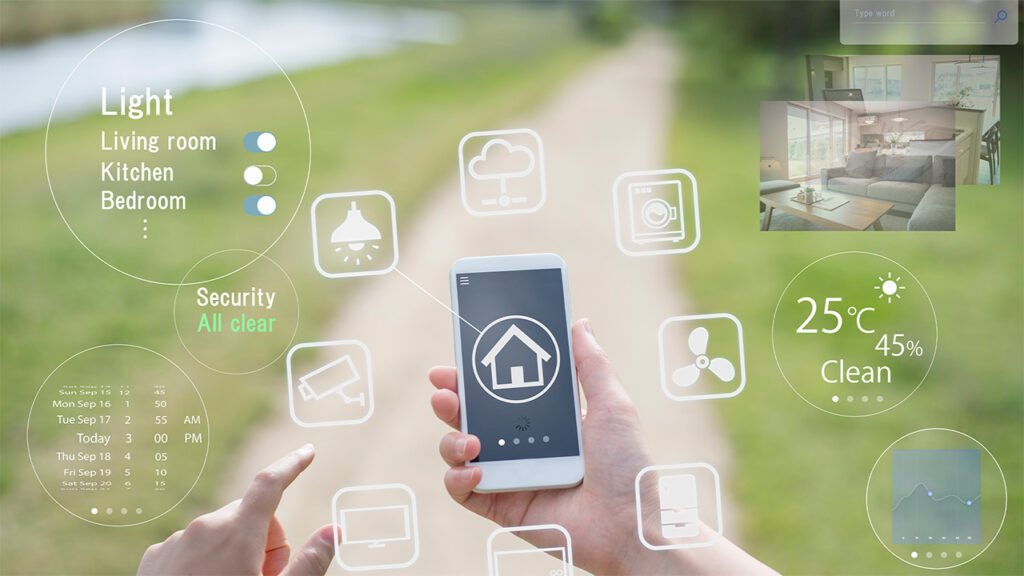
16. Future-Proofing Your Home
As technology evolves, so do the benefits of smart home insurance. Another major benefit is that it future-proofs your home. Smart home insurance providers often update policies to include new types of devices—like smart health monitors, robotic vacuums, window sensors, solar integration, or AI-driven security platforms. As smart home technology advances, smart home insurance coverage adapts, ensuring your investment remains protected. This prevents policy obsolescence and gap risk. Long-term homeowners with smart homes appreciate this commitment to future compatibility.
17. Access to Renewal and Expansion Offers
Longtime policyholders of smart home insurance enjoy specific benefits—like renewal incentives and expansion offers. Many providers offer complimentary upgrades: adding smart garage sensors, keyless entry, or energy usage reports at no extra cost. The more devices you integrate, the more savings you unlock via bundled discounts. Smart home insurance with loyalty rewards can ultimately reduce overall annual costs and elevate your protective ecosystem.
18. Cost-Benefit Analysis: Is Smart Home Insurance Worth It?
When considering the benefits of smart home insurance, a cost-benefit analysis reveals compelling advantages:
- Device protection: Covers repair/replacement at a fraction of replacement cost.
- Premium discounts: Up to 20% savings for risk-aligned smart setups.
- Claim efficiency: Faster payouts with real-time data.
- Loss prevention: Early detection lowers damages and out-of-pocket expenses.
- Resale value: Attracts buyers and boosts home marketability.
- Lifestyle convenience: Peace of mind and remote control at your fingertips.
When tallied, the savings from smaller premiums, damage prevention, and claim efficiencies often outweigh the policy’s incremental cost.
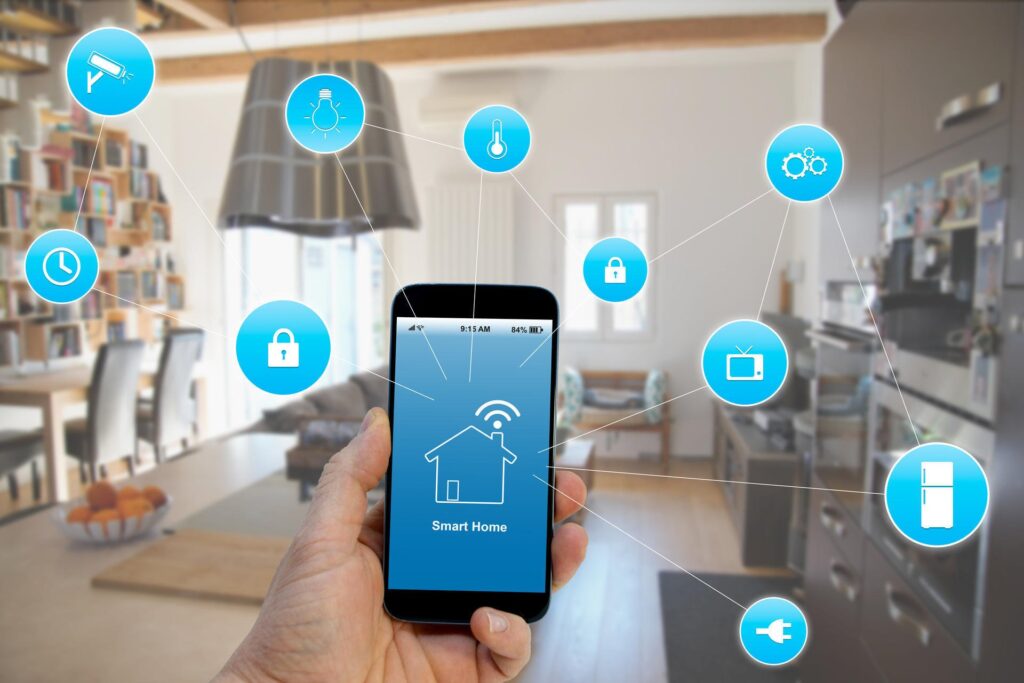
19. Getting Started with Smart Home Insurance
If you’re interested in reaping the benefits of smart home insurance, here’s a step-by-step guide:
- Inventory devices: List every smart sensor, camera, thermostat, lock, detector you own or plan to install.
- Discuss coverage options: Ask insurers how they handle warranties, device failure, cyber liability, and automation disruption.
- Bundle offers: Look for providers offering packages—sensors rounds, installation help, premium discounts.
- Install monitoring systems: Use DIY or professional setups; check if your insurer integrates with specific brands.
- Activate connected features: Make sure devices are online, properly configured, and test alert triggers.
- Maintain logs: Keep records of device installation and software updates.
- Review annually: Update your policy when adding or removing devices to avoid coverage gaps.
20. Choosing the Right Smart Home Insurance Provider
To maximize benefits of smart home insurance, selecting the right provider is key. Compare providers based on:
- Device compatibility: Does your insurer support the brands you use?
- Discounts offered: What percent premium savings are available?
- Monitoring and analytics: Is there live monitoring or just data-logging?
- Claim automation: How robust is the claims process with IoT data?
- Contract flexibility: Are there burdensome lock-in periods?
- Tiered options: Can you upgrade easily as you add tech?
By evaluating providers along these lines, you ensure the benefits of smart home insurance are fully realized.
Conclusion
In summary, the benefits of smart home insurance are extensive:
- Superior protection tailored to connected devices
- Cost savings via discounts and loss prevention
- Faster, data-driven claim resolutions
- Enhanced safety, security, and remote monitoring
- Strong appeal and value retention for future buyers
- Future readiness with flexible coverage as tech evolves
If your home already boasts smart locks, sensors, cameras, or detectors—or you’re planning to install them—smart home insurance is a sensible investment. With the dual benefits of protection and peace of mind, this specialized coverage is quickly becoming a staple in modern homeownership. Start capitalizing on the benefits of smart home insurance today by talking to a provider and evaluating your smart device inventory.

